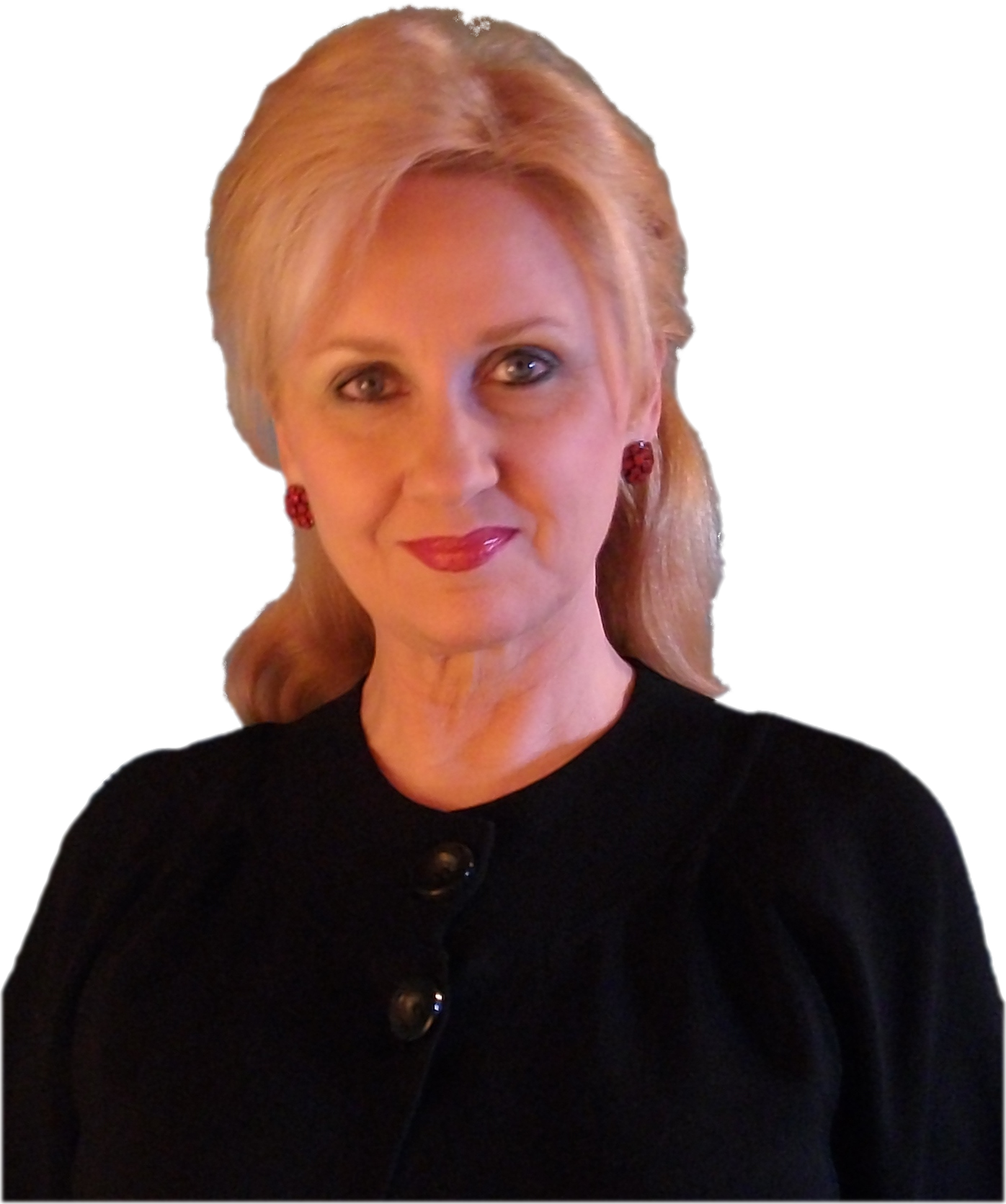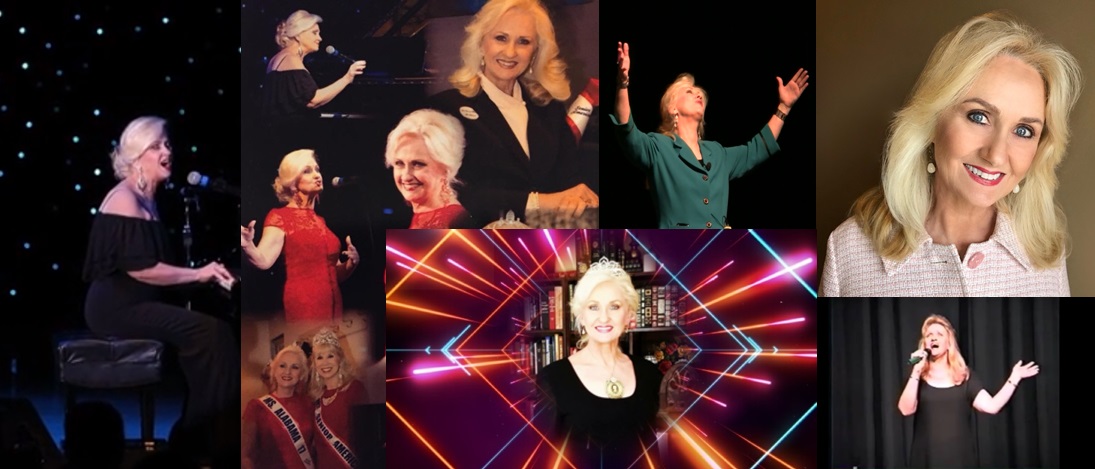
|
Rita Young Allen, MA, MS |
|
The Melody of Hope |
|
Infants Women in Labor Music as Prevention Deep Breathing Healing
Nervous System Patients
Cancer Patients
Alzheimer's Patients
Terminally Ill
Parkinson's Patients Music Color Therapy techniques can ease pain, calm hearts and strengthen spirits! This
workshop can focus on any aspect of these areas, or touch on all of them. The Melody of Hope is designed to give hope
to these areas of life which can be very daunting. It is meant to give new information and great encouragement in dealing
with life. Contact Rita to discuss your workshop or keynote on The Melody of Hope.
Over 2,000 years ago, the ancient Greeks assigned a musician as well as a physician to those who were sick.
They believed the musician could bring back the harmony of the body which would allow the healing to take place. This
idea was given a strong boost of credibility in 1980 when Dr. Helen Bonny, a musician, psychologist and music therapist used
music to recover from persistent angina and triple bypass surgery. She felt certain that music could heal more than
just the mind. She believed that music could help patients recover from serious physical illnesses. She used her
own illness to test her theory. After surgery, while in the coronary care unit, Dr. Bonny used her favorite classical
music to relax and tune out everything else. After recovery, she convinced two hospitals to participate in a pilot study.
For six months they played her tapes in the coronary and intensive care units. Heart rates and blood pressure were monitored
before and after listening to music. "Everyone, even our staff, was amazed by the results," said cardiologist Raymond
Bahr, director of St. Agnes' coronary care unit. "We saw a marked reduction in anxiety and extra heart beats and (recorded)
lower blood pressures and pulse rates." The music worked so well that the anesthetist asked if the tapes could
be played during surgery to reduce anxiety. After playing the music through the public address system, it was reported
that anesthesia requirement dropped by as much as 50%! Researchers do not fully understand music's magic. Dr. Bonny believes music is so powerful because it
has the ability to touch the emotions. "Music is the language of emotion," she says. Rhythm is a factor in the
effect music has physiologically. When using music therapy to aid those who are sick or depressed, therapists use music
with a regular rhythm (close to that of the resting heart rate) with no extremes in pitch or dynamics. "Sedative music,"
as this is called, makes no demands on the patient. It totally supports them. On September 11, 2001, Congress united a nation by singing, "God Bless America" on the front steps of the
Capitol Building. The act spoke many things: "unite, heal, remember, hope, look to the future, don't be afraid,
find strength, and endure." Through the history of the world, music has held a powerful position. In 1939 Britain
declared war with Germany and all the theaters and concert halls were closed. Dame Myra Hess, a pianist, organized lunchtime
concerts by Britain's best musicians. For the next four years, amidst heavy bombing, 1,300 concerts were held uniting
the city and calming the people. In 1992 Yugoslavia was at war. Food was scarce and people were hungry.
Late one afternoon, a shell fell on a long bread line killing 22 people. For the next 22 days, Vedran Smailovic, a cellist
who had played for the Sarajevo Opera before the war, left his apartment, dressed in formal attire. He seated himself
beside the hole left by the mortar shell and played music in memory of the dead while the war raged all around him.
He was never injured. For all those souls hiding in the city's cellars, he became a symbol of hope, courage and life! Most people do not realize how great an impact music has on our everyday lives. Doris Soibelman, author
of Therapeutic and Industrial Uses of Music, says that almost every organ in the body responds to music. It can
create changes in metabolism, circulation, blood volume, pulse, blood pressure, and moods. It can cause us to cry, laugh
and worship God. The most noted example in the Bible was when Saul would have an evil spirit come upon him, he would
call for David to play upon his harp. The evil spirit would then depart. Dr. Mitchell L. Gaynor, author of The Healing Power of Sound: Recovery from Life-Threatening Illness Using
Sound, Voice, and Music writes how he no longer sees a contradiction between music and chemotherapy, or between
visualization and radiation. He is a strong advocate for holistic medicine which also includes therapies, nutritional
supplements and energy. Dr. Gaynor earned one of the best educational foundations in western medicine, but he realized
something was missing, the psychology and spirituality that was needed for his patients to be treated as whole human
beings. He was taught, as were all other students of medical school, that you "can't get too involved with the patients."
No one ever encouraged him to empathize with his patients. It was of no great concern that many of these patients brought
with them their anguish and joy, their fear and hope, past traumas and future ambitions. The frustration was too great
for him as he watched the more seasoned oncologists where he did his post-residency training deliver the diagnosis of, "You'll
very likely experience hair loss, nausea, vomiting, and/or fatigue. You will also probably need a blood transfusion.
The statistics tell us that most people live three to four months with your type of cancer. I'll see you in two weeks
to start chemotherapy." It was amazing to Dr. Gaynor how these highly skilled doctors could simply screen out the patient's
devastation after such news. Dr. Gaynor found that by including music therapy, in just a few sessions he could see a shift in patient perspective
that usually took a year to two to accomplish without sound. He had previously come to understand that sickness is a
manifestation of the body out of harmony. It could be an imbalance in the cells or in a given organ. The use of music to heal is a rapidly growing discipline. Although there is not a clear understanding
as to how music works, the healing effects of music have been found and documented throughout our history. It can be
the channel to heal physically, mentally, emotionally and spiritually. In my opinion, we have not even scratched the
surface of the power of music!
|


